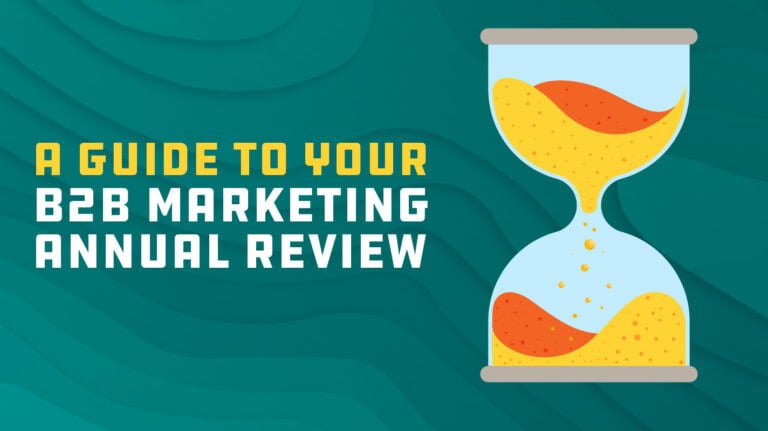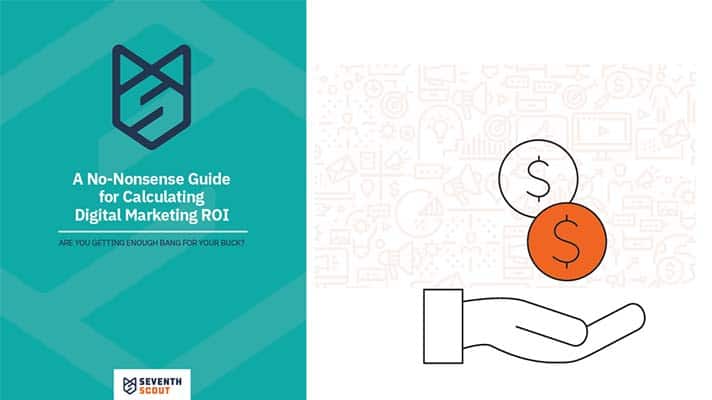Linking is the lifeblood of SEO. Networking your page among other relevant websites gives your customers more chances to come across your content, and helps grow digital traffic across the board by synergizing your services with those of others. But what’s more important for helping to grow your brand: inbound links or outbound links? We’ll be taking a deep dive into this very question today at Seventh Scout.
A Brief Definition
It’ll be helpful to know exactly what it is we’re talking about when we use these terms. Luckily, they’re fairly self-explanatory: Inbound links are links that lead from other websites to your own, and outbound links are ones that lead from your website to different ones. Simple!
Why Inbound Links are Important
On first glance, inbound links come across as clearly being the higher priority. After all, the whole point of SEO is to drive customers to your website, so having as many direct paths to your content as possible clearly can’t hurt. Inbound links can be even more useful if your pages are properly interlinked, allowing visitors to jump from the site they were on to yours and easily find more material that’s relevant to them.
Why Outbound Links are Important
On the other hand, it’s very difficult for your website to have much legitimacy if it’s totally cut off from the rest of the internet. Outbound links show that you’re aware of allies and competitors alike and have a wealth of valuable information to offer potential customers. Outbound linking will also endear you to other webmasters whose pages you might wish to be featured on in the future.
How to Combine Inbound and Outbound Linking
Inbound links don’t work nearly as well without outbound ones, and vice versa. Here are some things to keep in mind when deciding which paths should lead to and from your website.
- Do link to relevant, neutral resources. Governmental and educational websites (usually ending in .gov or .edu, natch) are some of the best sources you can use to show interested clients that your money is firmly where your mouth is.
- Don’t link to competitive webpages. This is a no-brainer: you don’t want to accidentally convince your customers to patronize a site that will take business away from your own!
- Do ask relevant webpages if they wouldn’t mind linking to your page if they like your content. A friendly, humble email can go a long way towards making friends and forging connections that will help your project out in the long run.
- Don’t accept links and endorsements from just anyone. If a page has malware or adware on it, doesn’t have much to do with what you’re offering, or just seems shady in a way you can’t put your finger on, it’s probably best that you don’t associate your products or services with them.
- Do interlink. Interlinking is when you link other pages on your site to ones that are relevant to what your customer is currently reading. This is a great way to make sure that your audience will have an easier time making the most of your website when they make their way over to it.
- Don’t crunch a bunch of hyperlinks at the end of your post, or let them float through your page with no anchoring text. Be certain that your interlinks make sense in the context of your page before you post them.
- Do ask friends if they can share your content on their social media accounts. Social media engagement has enough dimensions to be its own topic, but suffice to say that traffic from users on Facebook, Twitter and the like can be a valuable source of outbound linking.
- Don’t pester acquaintances into spreading your name around at every opportunity. This just makes you seem desperate, and flooding the inboxes of people you barely know is likely not going to be very effective regardless.
Judicious use of inbound and outbound linking can boost the circulation of your website to an impressive degree. If you can find the balance of asking for attention from other pages and giving it in return, you’ll find an entirely new audience opening up to your content in no time flat.
If you’d like to see some of these linking principles in action, get in touch with Seventh Scout right now. We help projects of all sizes get the visibility they deserve through strategic SEO, so ask the professionals at Seventh Scout how we can help take your business to the next level today.





